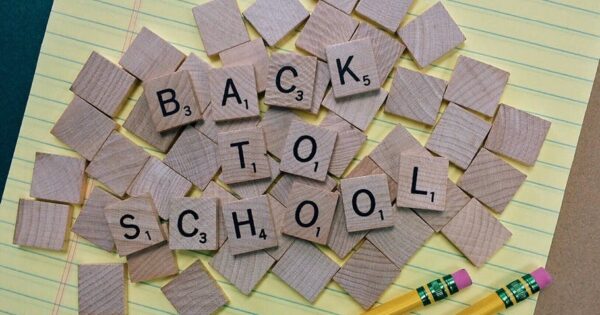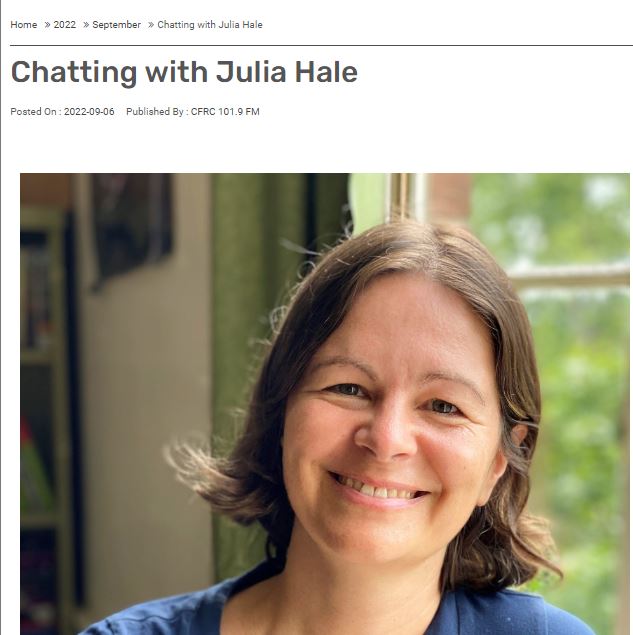School year 2.0 “back to normal?”
The 2022-2023 school year is about to begin. Actually not the most unsettling start up I’ve ever had – but then I have purposely put myself in lots of unsettling situations. That said, as I start my 21st year in teaching it doesn’t feel normal either. Maybe that’s okay, maybe “back to normal” isn’t what we should be striving for anyway.
(Trigger warning: lots of philosophy coming… maybe don’t go down this road if you are wishing for practical suggestions 🙂 )
Yesterday was our first official day back at work for “Professional Activities”. Our first professional learning of 2022 centered around the work of Shane Safir and Jamila Dugan in Street Data. This is new learning for us and maybe I’m missing the point but here’s what I took away:
1. We’ve got to flip our system from top/down to bottom/up.
2. We have to use our big statistical data only as a starting point for making decisions.
3. To find out what really needs to be done we have to really listen to the kids “on the margins”.
First: flip the system. Frankly, we need to do this as a society anyway if we are going to survive as a human race so it seems like a good idea to me. If we continue to let corporations make decisions for us based solely on productivity and increased value of shares rather than the long term impact on actual human lives the prognosis is dire. (The actual number of years we have till climate change damage is irreversible is hotly debated but it is pretty well accepted that the countdown is on.)
Second: Use stats as a starting point only. What if we consider this issue from the point-of-view of our school systems. If we continue to let standardized tests make decisions for us about the future of the school system we might just end up being taught by robots and we know how that ends. Actually don’t get me wrong, I’m not anti-standardized testing. My heart for statistics quietly loves them – but I’m realistic about the type and quality of information that comes out. Think of your standardized testing as the early warning signs on the 401.

If you are trying to get to Avenue Road and you get off at Bayview you are going to find it takes a very long time and you will likely get totally lost along the way.
Third: really listen to kids. I had a colleague once who talked about judging your teaching and school based on how the minority of kids are doing. The majority will always be fine but you can really get a feeling for how well you are doing by taking a look at the kids who are going to struggle most. Standardized testing is going to quickly identify areas of concern but if you focus on the ones that passed, those that did well, you are not going to learn anything about how to improve. You will never learn to fix a car by taking apart your parent’s brand new beamer (really… NEVER do this).
What if we measured our success not by how many students reached provincial standard but by how far we can raise up the children that struggle? In the Bible we call them the “least of these” and the directive is pretty clear: “as you did for the least of these you did for me” (Mtw 25:40). So that is my reminder for this year: Stop, listen, and raise them up.
(On a completely side note: I have to say how encouraged I am by the systemic conversation we are having about indigenous spirituality and morality. Relevant because this conversations was also a key player in our first day learning. I realize that my own belief structure (I’m a Christian if you didn’t pick that up by the Bible reference 🙂 ) carries too much baggage for this generation and is NOT the right fit for public institutions but I have felt the lack of it. A belief structure grounded in community and care for the earth is just what we need right now and it’s presence in our schools and institutions fills me with joy).
I’ll leave this conversation here because the more I philosophize the more likely I am to say something I oughtn’t. I may have already. Just know that I am feeling inspired this Labour Day weekend and I wish the same for you.




Recent Comments